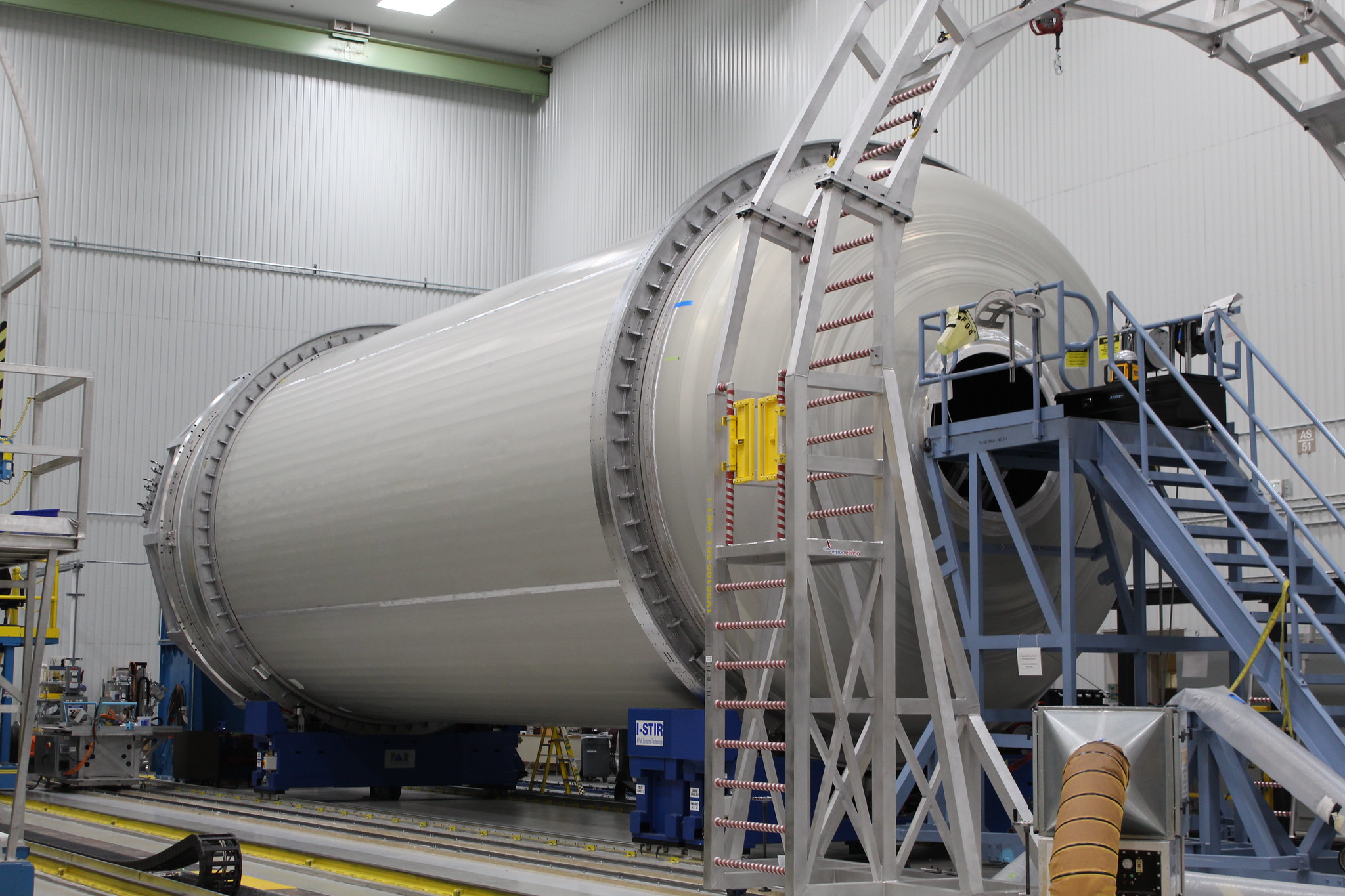Bruno: Amazon’s launch contracts will help ensure that the West is never again dependent on Russia for launch services
COLORADO SPRINGS – Amazon’s record-breaking deal to purchase up to 83 launches from Arianespace, Blue Origin and United Launch Alliance is “a big deal” in the context of recent geopolitical developments, ULA’s CEO Tory Bruno said April 5. These contracts are not just significant for the companies themselves, he said, but also for the industrial competitiveness of Western nations following Russia’s exit from the global launch market
The three launch providers won contracts worth several billion dollars to deploy most of Amazon’s 3,236-satellite Project Kuiper broadband megaconstellation.
During a roundtable with reporters at the 37th Space Symposium, Bruno highlighted the significance of winning this contract for ULA and for the future of its next-generation Vulcan rocket, projected to fly for the first time later this year. This new business will allow the company to expand Vulcan production and increase investments in infrastructure. Beyond that, this is “good for the country on multiple levels,” he said.
The business that Amazon’s launch contracts will generate in the United States and Europe will ensure that the West is never again dependent on Russia for launch services, Bruno said.
“Russia is not coming back into the commercial launch marketplace, this is it,” he said.
ULA was not in a position to help OneWeb after the company severed ties with its original launch provider, Russia’s space corporation Roscosmos. OneWeb secured a deal to launch with SpaceX but Bruno did not rule out the possibility that ULA could support OneWeb launches beyond 2024 if there is still a need and Amazon’s commitments are met, Bruno said. “We want to help. We want to do anything we can to help the West get through this situation in Ukraine,” he said. “We are still looking at what we can do for them. Soyuz is gone and they’re going to be gone for the foreseeable future.”
Bruno also suggested that the investments propelled by the Amazon deal would benefit the U.S. government – a major customer of ULA and engine supplier Blue Origin – because the infrastructure developed for Amazon would be used for government launches. And it would ensure that if there’s another crisis, that there’s enough launch capacity so the OneWeb story doesn’t repeat itself, said Bruno.
“If against all odds Kuiper doesn’t make it, what will I do with all this infrastructure? Well, no one anticipated that Russia would invade Ukraine,” he said. “And as I look at the entire geopolitical scene, our relationship with Russia and where they’re going in space, and China’s extraordinarily aggressive posture with anti-satellite weapons, it seems to me that this country is going to need a much higher industrial capacity as we move forward over the next decade.”
The U.S. military, further, “will need a high launch tempo certainly in time of conflict as they might have to replace assets on orbit. They’re going to need to launch more assets” so it could take advantage of the additional capacity generated by Amazon’s contracts.
“So if Amazon goes away, the near term will be overcapacity, but in just a few years, the government would catch up to that and I would be able to use that capacity for them,” said Bruno. “That’s not as efficient as if I had Amazon, but it would certainly not go to waste.”
